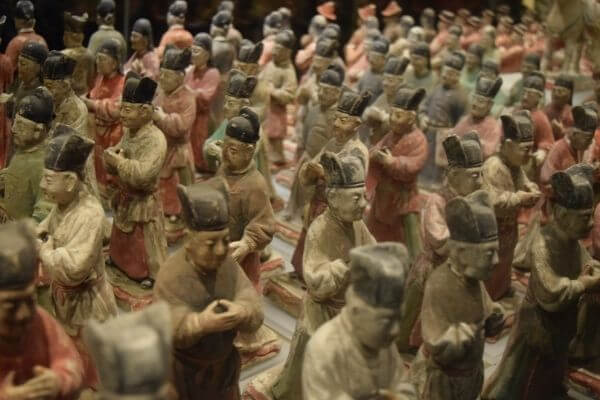
On 29 Apr. 2021, the National People's Congress (NPC) released on its website the full text of the Personal Information Protection Law of the People's Republic of China (Second Draft for Review)” (hereinafter referred to as the “Second Draft”, 中华人民共和国个人信息保护法(草案二次审议稿)) to solicit public comments.
The Second Draft strengthens the protection of the personal information rights and interests of deceased persons. Article 49 of the Second Draft, which is newly added, provides that “where a natural person dies, the rights of the individual in the activities of processing personal information as stipulated in this Chapter shall be exercised by his/her close relatives”.
This provision helps safeguard the rights and interests regarding the personal information of deceased persons. For example, if some of the natural persons wish that their social accounts be deregistered after their death, the deceased’s close relatives may apply to the relevant enterprise for deregistration pursuant to this provision. However, the Second Draft has not yet made clear how to deal with the situation where there are multiple close relatives of the deceased and they disagree with each other. In addition, it has not yet clarified the scope of protection for such rights and interests.
Cover Photo by Aaron Greenwood (https://unsplash.com/@onevibe) on Unsplash
Contributors: CJO Staff Contributors Team









